2016
Download the 2016 Project Coyote Highlights here.
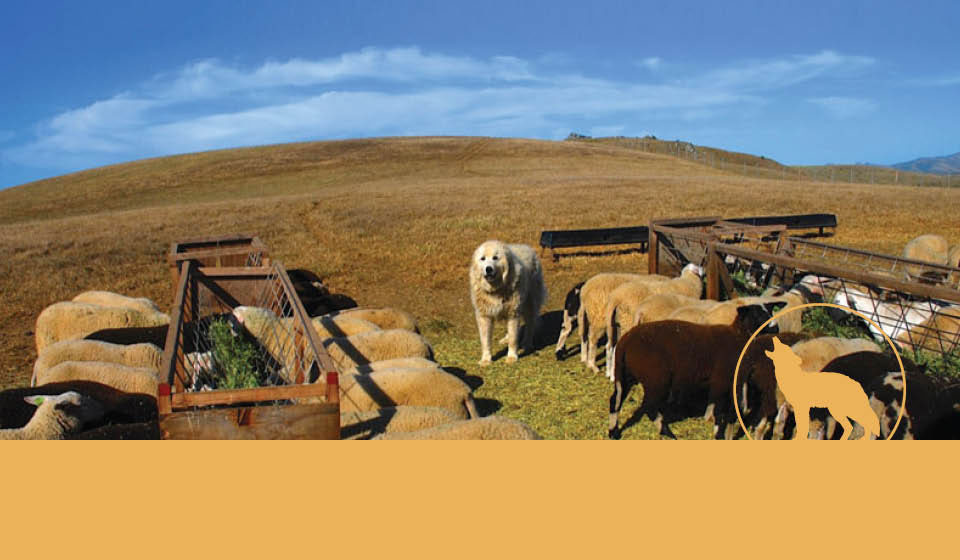
In March of 2016 Project Coyote, Fibershed and the County of Marin co-sponsored the first Ranching with Wildlife Workshop, designed to share wisdom and build knowledge around non-lethal approaches to protecting livestock from predators. With close to 100 attendees, presentations addressed innovative and traditional predator deterrents such as Foxlights and E-Collars, livestock guard animals, effective fencing, and the science behind predator management.
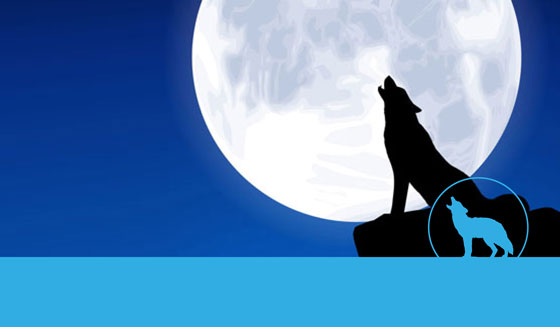
Project Coyote presented its first annual Coyote Warrior Award this year, honoring Roger Hopping of Adin, California. Project Coyote created the award to recognize the courage and compassion of everyday heroes who are unwavering in their commitment to protect wildlife. Read more about Roger here.
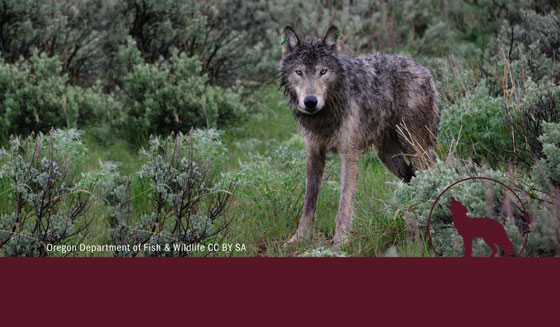
Project Coyote joined allies in filing a lawsuit challenging USDA Wildlife Services’ authority to kill any of the approximately 81 remaining gray wolves in Oregon. The lawsuit contends that the federal agency failed to comply with the National Environmental Policy Act, which requires that Wildlife Services publicly account for its rejection of non lethal, humane wildlife management.
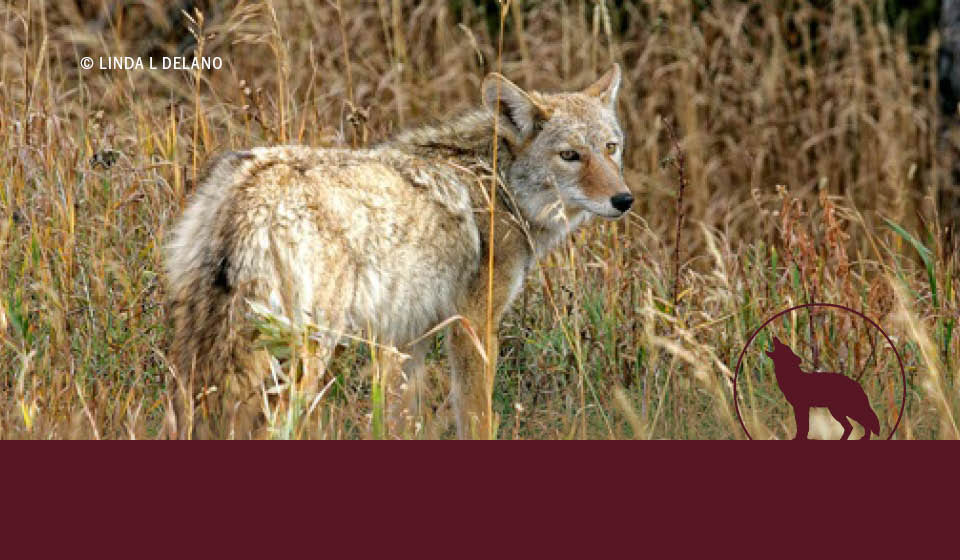
Project Coyote and allies settled a lawsuit brought in 2014 against Mendocino County for its ill-considered wildlife management contract with Wildlife Services. The settlement requires that Mendocino County suspend its contract with Wildlife Services until the County has completed a detailed Environmental Impact Report in accordance with the California Environmental Quality Act that considers non-lethal alternatives for reducing livestock-predator conflicts.
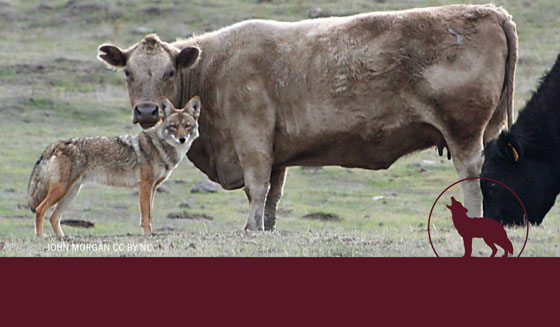
Project Coyote joined with allies to file a lawsuit challenging Monterey County’s renewal of its predator management contract with Wildlife Services. The lawsuit contends that Monterey County’s renewal of the contract violates the California Environmental Quality Act, In October, The County’s motion to have the case dismissed because it was filed too late and against the wrong parties was rejected by the California Superior Court. Our case is moving forward.

Project Coyote and the Center for Biological Diversity petitioned the California Fish and Game Commission to amend state regulations to ban night-time hunting and lethal trapping within the range of the gray wolf, a species protected by both the federal and California Endangered Species Acts. The Commission and the California Department of Fish and Wildlife are reviewing the petition for consideration in 2017.
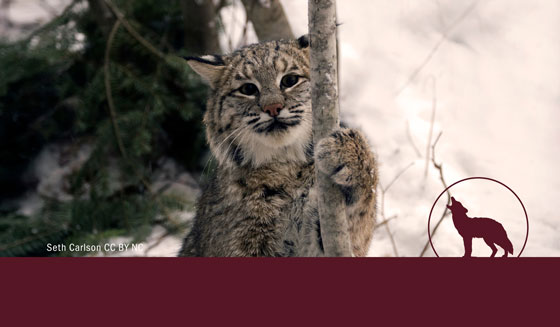
Project Coyote and the Center for Biological Diversity petitioned the California Fish and Game Commission to amend state regulations to raise commercial trapping license fees to the levels necessary for full recovery of the administrative and implementation costs of the trapping program, in compliance with state law. In the event that program costs are determined unlikely to be fully recovered by license fee revenue, petitioners request that the State ban commercial trapping of fur-bearing and nongame mammals. The Commission and the California Department of Fish and Wildlife are reviewing the petition for consideration in 2017.
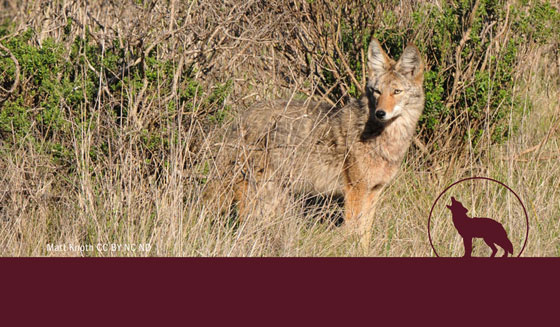
When the issue of wildlife killing contests was up for debate in August by the Nevada State Board of Wildlife Commissioners, Project Coyote delivered a letter to the Board signed by 50 prominent scientists, including Project Coyote’s Science Advisory Board members, expressing unified support for a state prohibition of killing contests, derbies and tournaments.
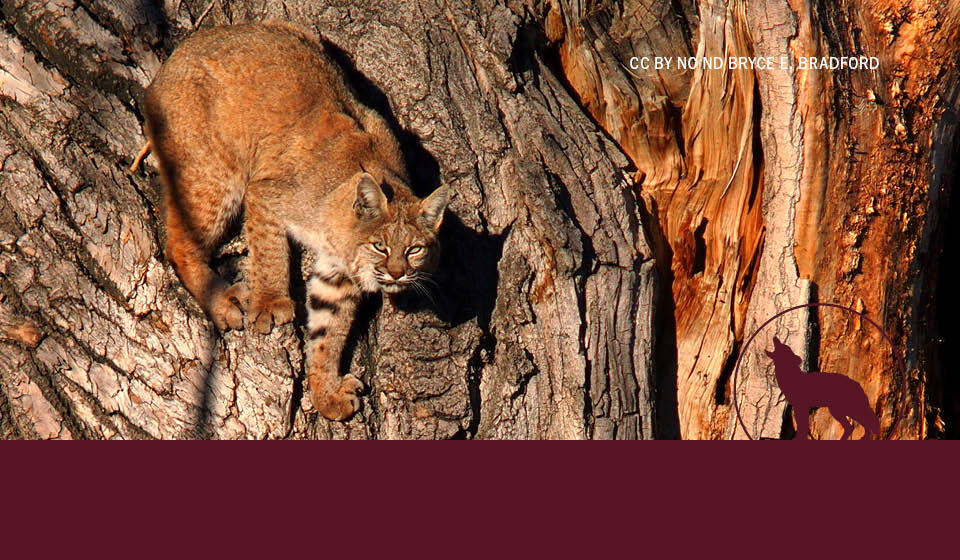
Testifying before the New Hampshire Fish and Game Commission, Project Coyote’s New Hampshire and Vermont Representative Chris Schadler and allies convinced the Commission to withdraw a proposal that would have allowed hunting, trapping, baiting and hounding of bobcats, a species that had been protected in the state since 1989. Read more here.
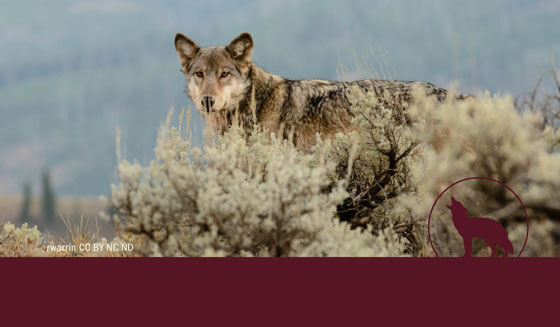
Project Coyote representatives and supporters testified at a Wolf Conservation Planning meeting in Sacramento, California to press for a science-based approach to wolf recovery in California, and for a plan that recognizes the ecological importance of these apex predators.
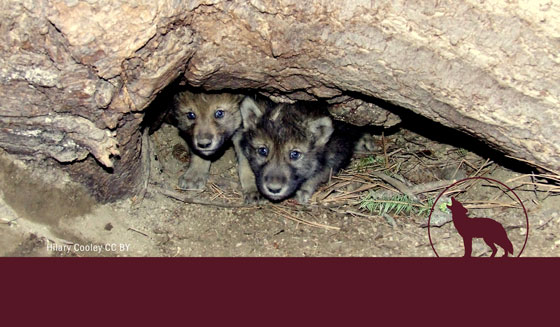
Project Coyote Science Advisory Board member George Wuerthner’s Op-ed in the Spokesman-Review condemned Washington State’s slaughter of native wolves on national forest lands, after ranchers there lost livestock to wolves living in a den that abutted ranch land–calling into question the role of special interests in public land policy.
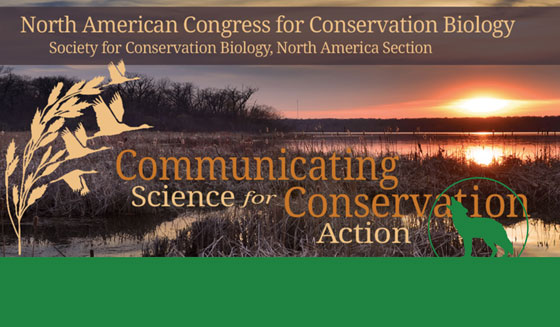
Science Advisory Board members, Jeremy Bruskotter, Bob Crabtree, David Parsons, Michael Soulé, and Adrian Treves made presentations at the North American Congress for Conservation Biology Conference focusing on carnivore conservation, the mismanagement of predators by state and federal wildlife agencies, and how the ecological sciences can be better coupled with the social sciences to address human-predator conflicts.
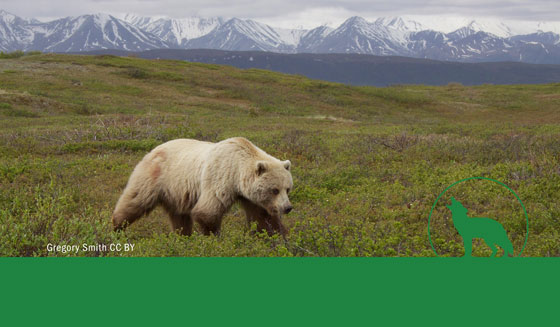
On Endangered Species Day (May 19th), Project Coyote collaborated with the Union of Concerned Scientists in submitting a petition signed by nearly 1,000 U.S. scientists and scholars to U.S. Interior Secretary Jewell and Commerce Secretary Pritzker, calling for renewed allegiance to the 240-year tradition of our nation’s wildlife trust, and the reestablishment of the independent scientific community as the final arbiters of the best available science by which to recover our endangered species and threatened ecosystems. In September, the the U.S. Fish and Wildlife Service released an update to its peer review policy for endangered species listings. While the provisions could be stronger, the new policy takes a step forward in safeguarding the science that informs endangered species listing decisions, providing more robust and transparent peer-review at the agency.
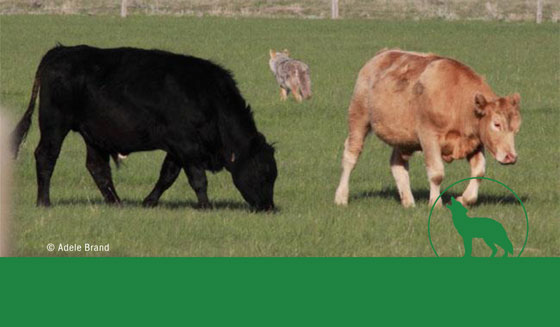
The results of a peer-reviewed study conducted by Project Coyote Science Advisory Board member Adrian Treves and international colleagues convincingly challenge the legitimacy of the science on which USDA Wildlife Services bases its predator control practices. The study has received widespread attention, including coverage in National Geographic and the Sunday Review section of the New York Times.
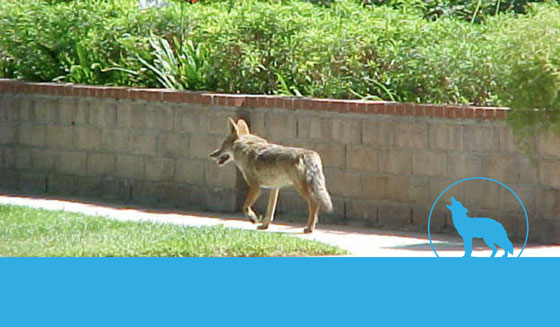
Project Coyote’s Southern California Representative Randi Feilich assisted the city of Los Angeles to effectively and humanely manage its coyote population by supporting recommendations made by the city’s General Manager and its Department of Animal Services to adopt a proactive coyote coexistence plan that emphasizes public education and outreach. In October, the city’s Commission on Personnel and Animal Welfare endorsed the comprehensive public education plan as part of its maintenance of non lethal coyote management.
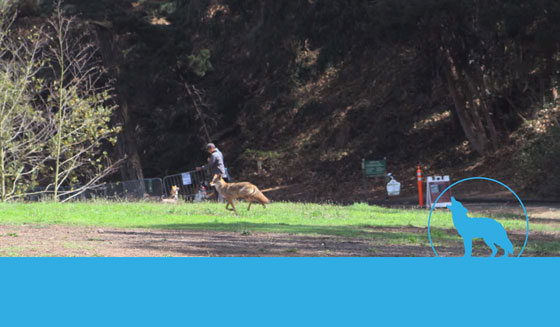
As part of an alliance with the city of San Francisco’s Animal Care and Control, its Parks and Recreation Department and a local nonprofit, SF Dog, Project Coyote developed quick-read materials to hang on doors and post at trailheads and park entrances with tips for coexisting peacefully with coyotes. The materials offer SF residents and visitors advice on how to handle coyote encounters, and provide instructions for accessing downloadable materials and information from Project Coyote’s website. Watch our joint PSA here.
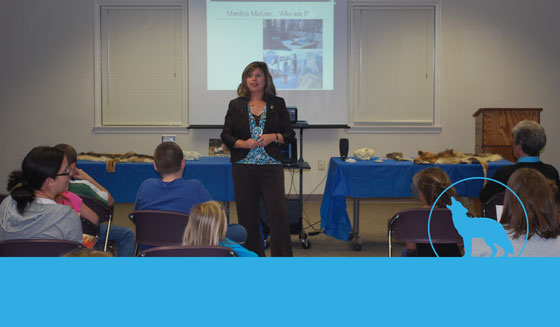
Project Coyote Representatives provided more than 70 presentations across the country about living with coyotes and other native carnivores. Discussions covered such topics as wildlife behavior, the value of predators to healthy ecosystems, and best practices for living safely and peacefully with our wild neighbors. Project Coyote reached more than 10,000 people with our message of compassionate coexistence.
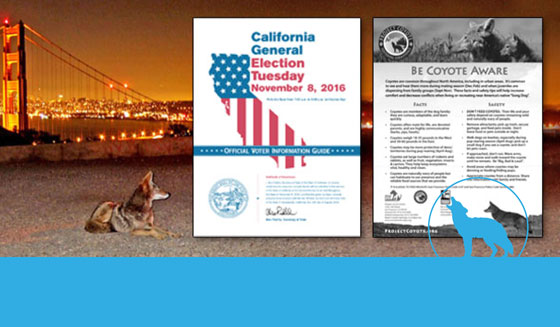
As part of Project Coyote’s ongoing effort to reach people with our message of peaceful coexistence with coyotes and other urban wildlife, we always look for new avenues to reach wider audiences. Our full-page Be Coyote Aware Flyer was included in San Francisco Voter Information Pamphlets for the November 8, 2016 election, reaching more than 450,000 voters.
